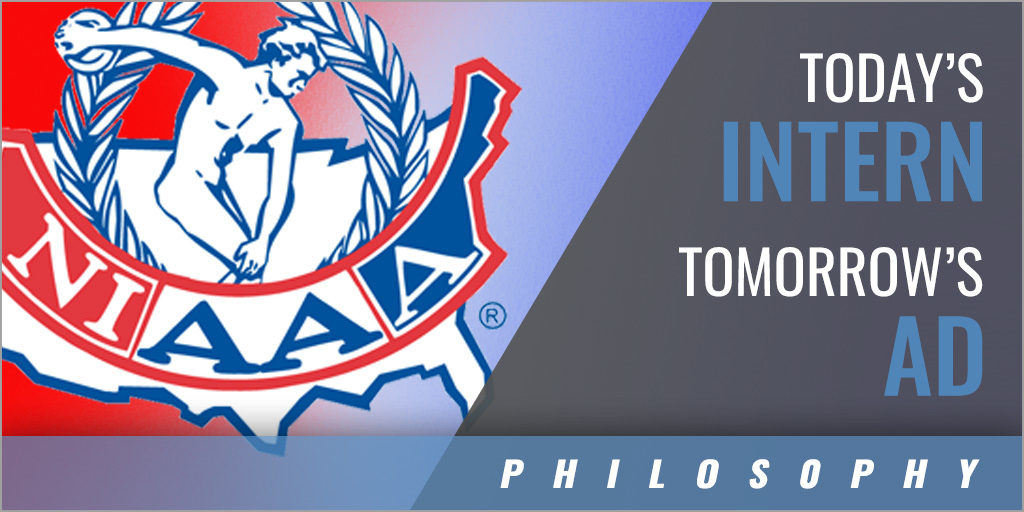
More from ADInsider View all from ADInsider

Effective Strategies to Navigate Difficult Conversations with Leslie Reeves, CMAA – West Brunswick High School (NC)

Winning the Digital Media Game with Brian Phelps – Indian Hill High School (OH)

Culture Translates to Gameday with Scott Battas – Mascoutah High School (IL)




